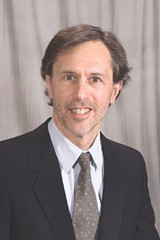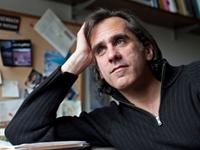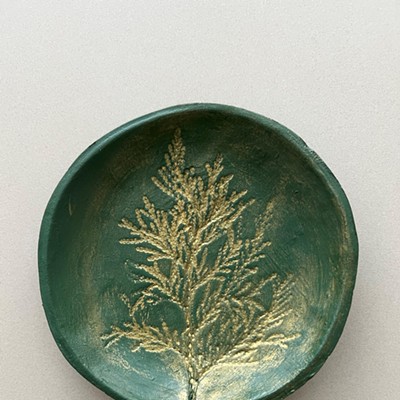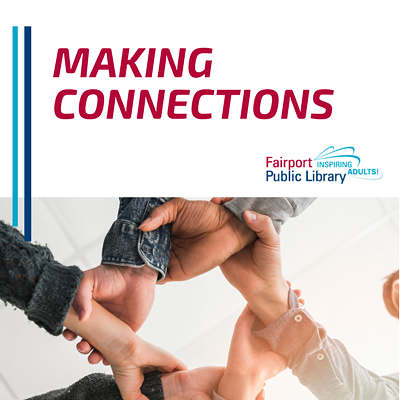[
{
"name": "500x250 Ad",
"insertPoint": "5",
"component": "15667920",
"parentWrapperClass": "",
"requiredCountToDisplay": "1"
}
]
Modern clinical care does not give suffering the attention it needs, says Dr. Ronald Epstein, professor of family medicine, psychiatry, and oncology at the University of Rochester. Even the word sounds slightly out of place in modern medicine, though Epstein says it's more relevant than ever.
Suffering tends to be seen as an end-of-life occurrence, he says, even though it's part of daily life for many people. Roughly one-third of patients' complaints in outpatient medicine can go undiagnosed, Epstein says, but that doesn't mean that the problem has gone away. Too often, he says, the person continues to suffer.
"Suffering is kind of this global sense that life won't be what it was," Epstein says. It's usually regarded as a form of distress so severe that it can span the physical, emotional, spiritual, and even the financial domains in a person's life.
It can be all-consuming and inexplicable at the same time, he says, which frustrates many physicians.
"In medical school, we're taught how to fix things," Epstein says. "But much of medicine is not that way. Sometimes we can't fix things."
Epstein recently co-authored an article in the Journal of the American Medical Association with oncologist Anthony Back at the University of Washington. They researched how doctors address suffering and were surprised to discover that there isn't as much written about it as they expected considering how prevalent it is.
Epstein says that many physicians need training in how to work with patients who are suffering.
When patients' suffering evades diagnosis and treatment, Epstein says, health professionals tend to do one of three things: they pretend that the problem has gone away and that it's nothing to be concerned about; they blame the patients for not doing more to help their own healing process; or they refer the patients to another physician.
"It often makes physicians feel helpless," he says.
Doctors may be reluctant to tell patients that the pain may be a permanent part of their lives, Epstein says, and he recommends that doctors learn how to "turn toward the suffering" rather than distance themselves from it.
Frequently, the patients' sense of purpose is diminished by their suffering. Epstein recommends that doctors try to help their patients take steps to "refocus and reclaim" what's important in their lives, even if the suffering or physical pain can't be completely eliminated.
For example, he says, "We know that back pain sufferers who enjoy their work will return to work even if they still have pain."
Speaking of...
Latest in News
More by Tim Louis Macaluso
-

RCSD financial crisis builds
Sep 23, 2019 -

RCSD facing spending concerns
Sep 20, 2019 -

Education forum tomorrow night for downtown residents
Sep 17, 2019 - More »









